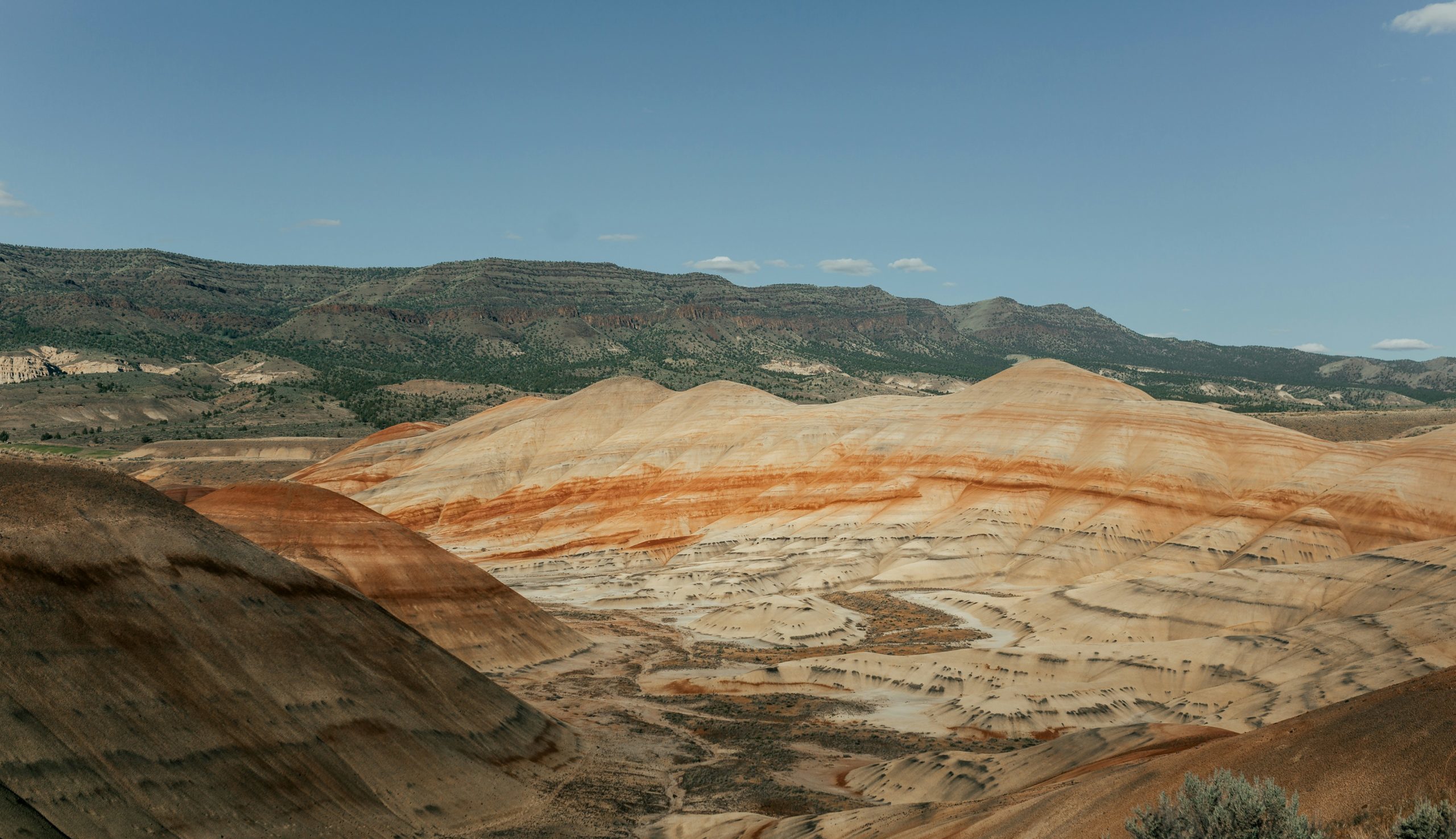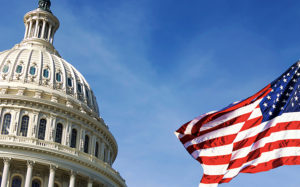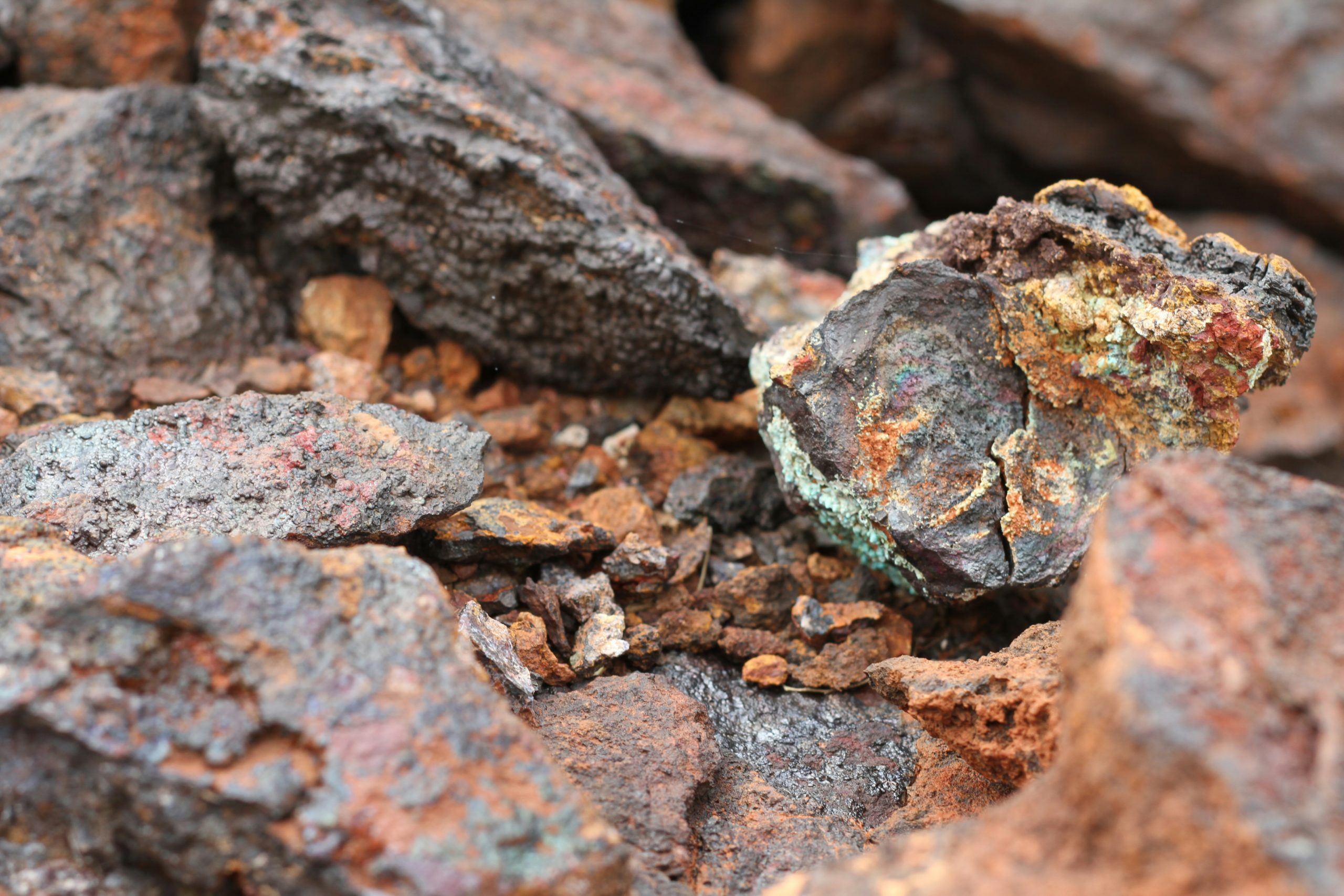
The Climate Leadership Council promotes the most effective, fair and lasting climate solutions.
We work with businesses, environmental leaders, labor interests, economists, and policymakers to develop and advance market-driven solutions that reduce global emissions.
New & Noteworthy
What We Do
Carbon Advantage
America makes goods with fewer emissions than most countries in the world. We call this a carbon advantage. By leveraging our carbon advantage we can boost the U.S. economy and lower global emissions.
Supply Chain Security
Diverse and reliable supply chains are a vital component of any strategy to reduce greenhouse gas emissions. The U.S. must match investments in mining and processing with fostering innovation to reduce supply chain vulnerabilities.
International Investments & Exports
International investment and export strategies play a direct role in strengthening the U.S.’s economic standing—and they can also contribute to lower global emissions. The U.S. must work to realize the abundant economic, security, geopolitical, and climate benefits from a stronger role in global energy investments and exports.
Latest Publications









